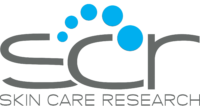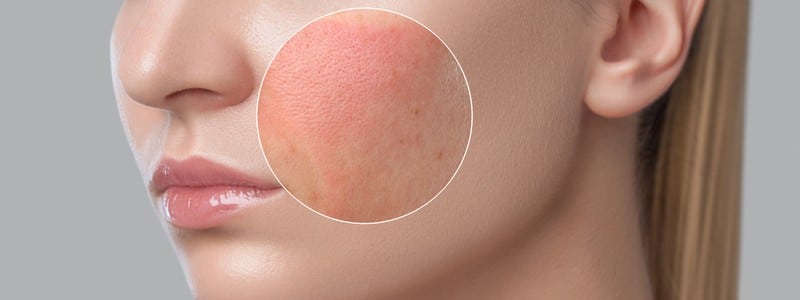If someone in your family has rosacea, you may wonder if you will also develop this condition. Here is some important information on rosacea and the potential for intrafamilial transmission.
What is Rosacea?
Rosacea causes redness in the face. It might look like a constant blush, ruddy skin, or an acne breakout. In some cases, rosacea may present as swollen bumps on the skin. It isn’t contagious, and it may flare up for a while and then go away. There is currently no cure, but there are effective ways to treat and manage rosacea.
What Causes Rosacea?
The exact cause of rosacea is unknown. External factors, such as wind or extremes in temperature, spicy food, hot beverages, exercise, and certain personal care products, can aggravate the condition. An overactive immune system may also play a role.
Does Rosacea Run in Families?
Anyone can develop rosacea, but women, people over the age of 30, people with fair skin, and people who smoke are more likely to develop it. And, yes, genetics may be a factor as well.
A study in the Journal of Clinical and Aesthetic Dermatology found that rosacea does seem to run in families. This connection appears to exist between close relatives, such as siblings, but also between relatives further back in the family tree, like great-grandparents.
Besides just being an interesting tidbit of information, this potential connection could be valuable to patients. For example, if you know that you have a relative with rosacea, you may feel more motivated to seek an early diagnosis at the first sign of a skin problem. That way, you can begin rosacea treatment as soon as possible.
If you know that others in your family have rosacea and you are starting to show signs of having it too, you may be eligible to enroll in a clinical dermatology trial in Boca Raton. It could help you gain insights into your condition and provide relief from rosacea symptoms. Contact Skin Care Research today at 561- 948-3116 for more information about clinical trials.

